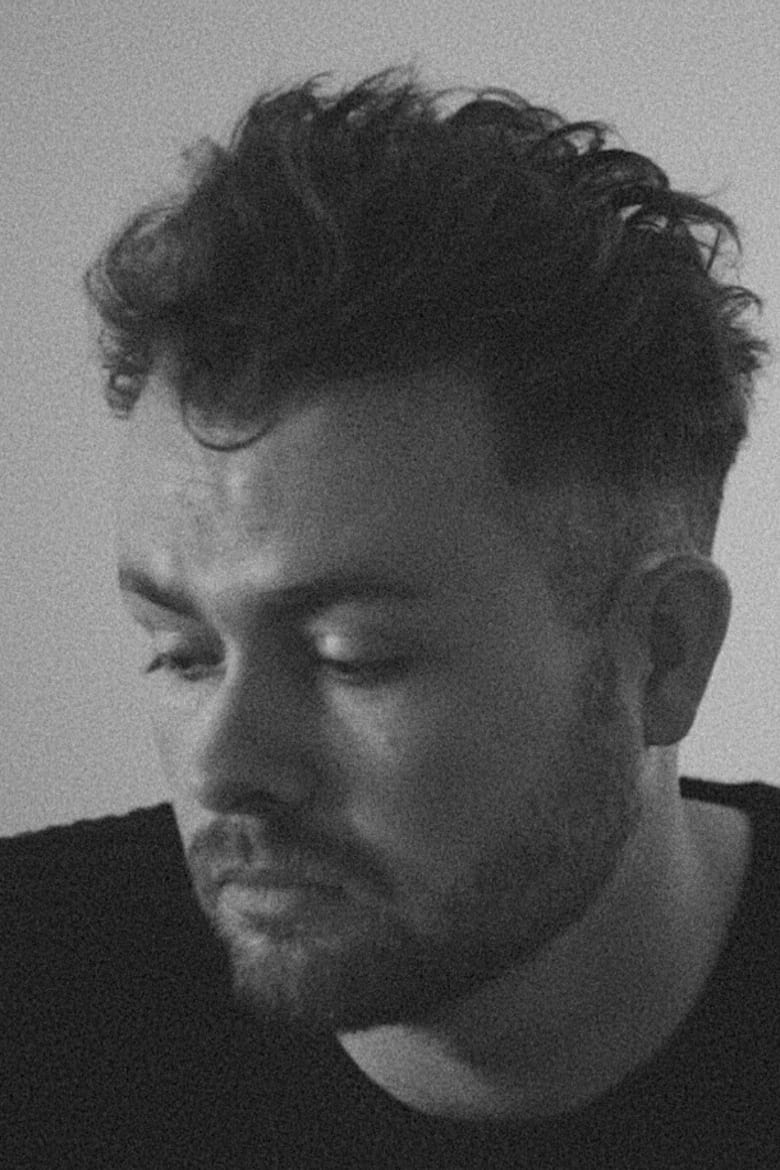
Scott Barley
1992-11-11
Biography
Scott Barley, born 1992, is an artist-filmmaker, cinematographer, sound artist, and lecturer based between Scotland and Wales, UK. His work has been screened internationally, including The Institute of Contemporary Arts London, BFI Southbank, Sheffield Doc Fest, Galerie nationale du Jeu de Paume, Centre of Contemporary Culture Barcelona, Doclisboa, Karlovy Vary International Film Festival, Venice Biennale, Dokufest, Festival du nouveau cinéma, EYE Filmmuseum, Singapore Art Museum, Telluride Film Festival, Museum of Modern Art Rio, Museum of Contemporary Art Buenos Aires, Australian Centre for the Moving Image, and Fronteira International Documentary & Experimental Film Festival. His work is primarily concerned with the anthropocene, nature, darkness, cosmology, phenomenology, and mysticism, and has been associated with the Remodernist and Slow Cinema movements. His filmmaking and imagery has been compared with the sensibilities of filmmakers, Béla Tarr & Ágnes Hranitzky, David Lynch, Maya Deren, Aleksandr Sokurov, Stan Brakhage, Peter Hutton, Jean Epstein, and Philippe Grandrieux, as well as the artists, J. M. W. Turner, Caspar David Friedrich, Anselm Kiefer, Arkhip Kuindzhi, Vija Celmins, Michael Biberstein, and John Martin. Prior to filmmaking, Barley focused on painting, creating large-scale, densely textured sculptural works on canvas and board. Working without any utensils but his hands, his paintings utilised earth, cement, plants, ash, oil, snake skin, insects, spiders and spider silk. His transition from painting to filmmaking began in 2012. He has stated that part of his sustained attraction to digital filmmaking is in “seeking the texture and tactility of painting, but in a flat and facsimiled medium where such qualities are either avoided by convention, or simply do not exist.” His third film, Nightwalk, released in early 2013, was described by influential avant-garde filmmaker, Phil Solomon as “L’Avventura for the Starless”. Since early 2015, Barley has exclusively shot his films on iPhone. His short film, Hinterlands was voted one of the best films of 2016 in Sight & Sound’s yearly film poll. His first feature-length work, Sleep Has Her House was released in early 2017, garnering universal acclaim, and winning the Jury Award for Best Film at Fronteira International Documentary & Experimental Film Festival, in Goiânia, Brazil. It later received nominations in Sight & Sound’s 2017 and 2018 film polls, as well as in Sight & Sound’s ‘The best video essays of 2018’. The film also received nominations in Senses of Cinema’s 2017 poll, and The Village Voice 2017 film poll for Best Film, Best First Feature, and Best Director. In early 2020, film historian and theoretician, Nicole Brenez cited Sleep Has Her House as one of the ten best films of the decade, after previously writing that “[Barley’s works] renew our conception of visuality”, and describing him as, “one of the most gifted visual poets of his generation.” In the same year, academic and film critic, Borja Castillejo Calvo cited Sleep Has Her House as the second best film of the 2010’s, and Womb (2017) as the best short film of the decade. Danish film critic, and former director of the European Documentary Network, Tue Steen Müller has described him as the “Anselm Kiefer of cinema”.